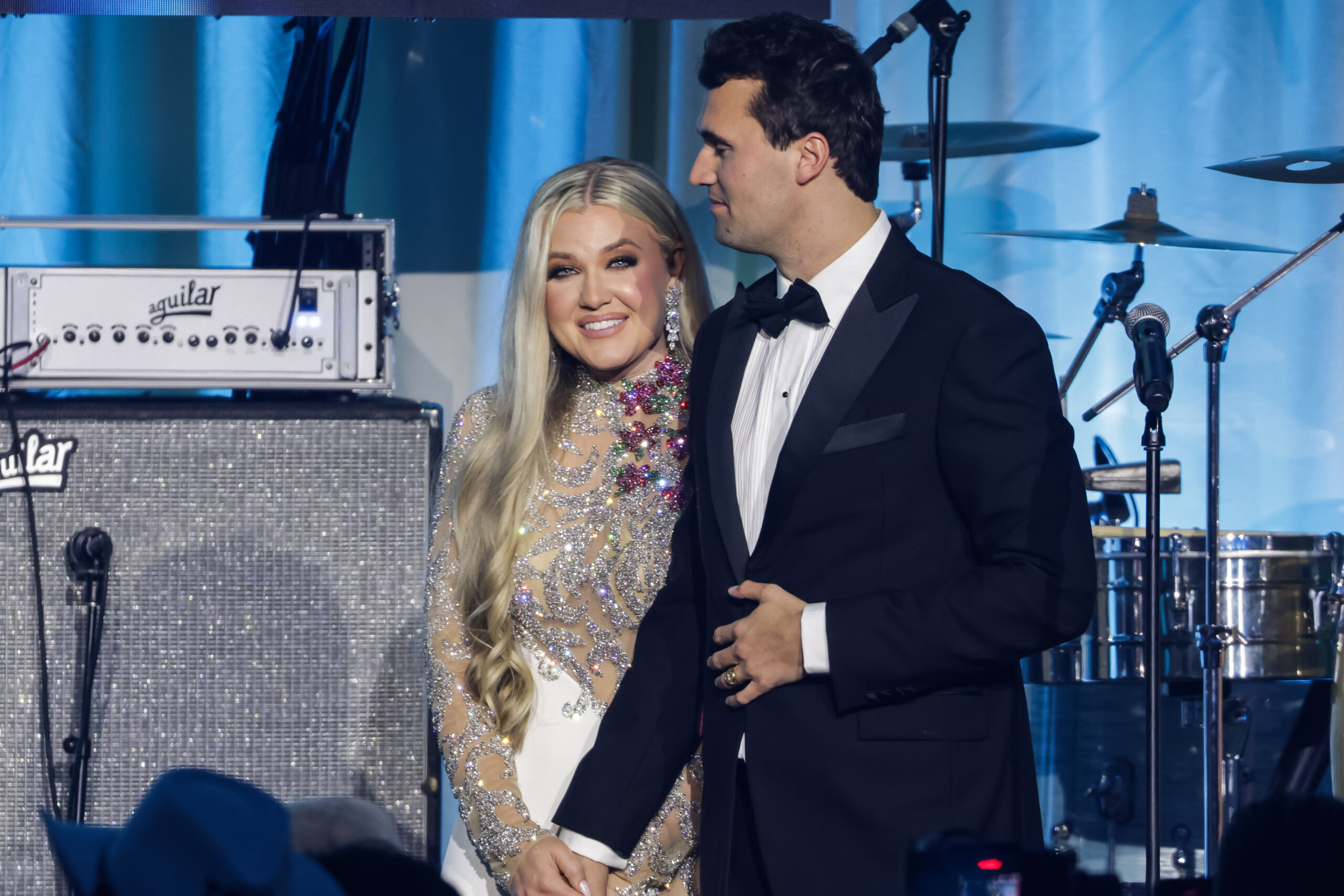In the wake of unimaginable tragedy, the world often looks for a specific script of sorrow. When Charlie Kirk, a prominent conservative figure, was tragically killed last month, all eyes turned to his widow, Erika. What some observers saw in her public appearances, however, did not fit their expected narrative. Instead of a constant display of tears, Erika was seen smiling and even laughing at times. This departure from a conventional mourning posture sparked a wave of criticism and intense scrutiny from online commentators and public figures alike.

The criticism reached a peak when fellow conservative commentator Candace Owens publicly questioned Erika’s behavior, suggesting she should be demanding answers rather than participating in public events and photos. For those watching from the outside, Erika’s smiles seemed to contradict the profound loss she had just endured. The public, accustomed to a linear and visible expression of grief, struggled to reconcile a woman’s joy with her status as a widow. The judgment was swift and severe, creating a secondary layer of pain for a woman already navigating the deepest loss of her life.
Now, Erika Kirk has broken her silence to offer a powerful and emotional explanation for her demeanor. In a heartfelt response, she eloquently described the non-linear and unpredictable nature of grief. She explained that there is no single blueprint for mourning, and that the journey through loss is a tumultuous one. She painted a vivid picture of the reality of her life, describing days where she is collapsed on the floor in tears, crying out in pain and faith, feeling the full weight of her new reality.
Yet, she also described the other moments—the times when a memory brings a bittersweet smile, or when playing with her two young children sparks a “divinely planted” joy that breaks through the sorrow. She powerfully stated that while time may heal some wounds, love itself does not ask to be healed; it asks only to be remembered. Her smiles, therefore, are not a sign of a lack of love or pain, but a testament to the enduring power of the love she shared with her husband. They are flashes of light in the overwhelming darkness, moments where the memory of love momentarily eclipses the agony of loss.

Erika’s words serve as a crucial reminder that grief is a deeply personal experience that cannot be dictated by public expectation. She carries her husband in every breath and every quiet act of daily life as she learns a new rhythm of living without him. Her courage in speaking out challenges the simplistic boxes we often try to place around human emotion, especially for those in the spotlight. Her story is a lesson in granting grace and understanding, recognizing that behind every public smile, there may be a private, complex world of remembrance, love, and profound sorrow.


